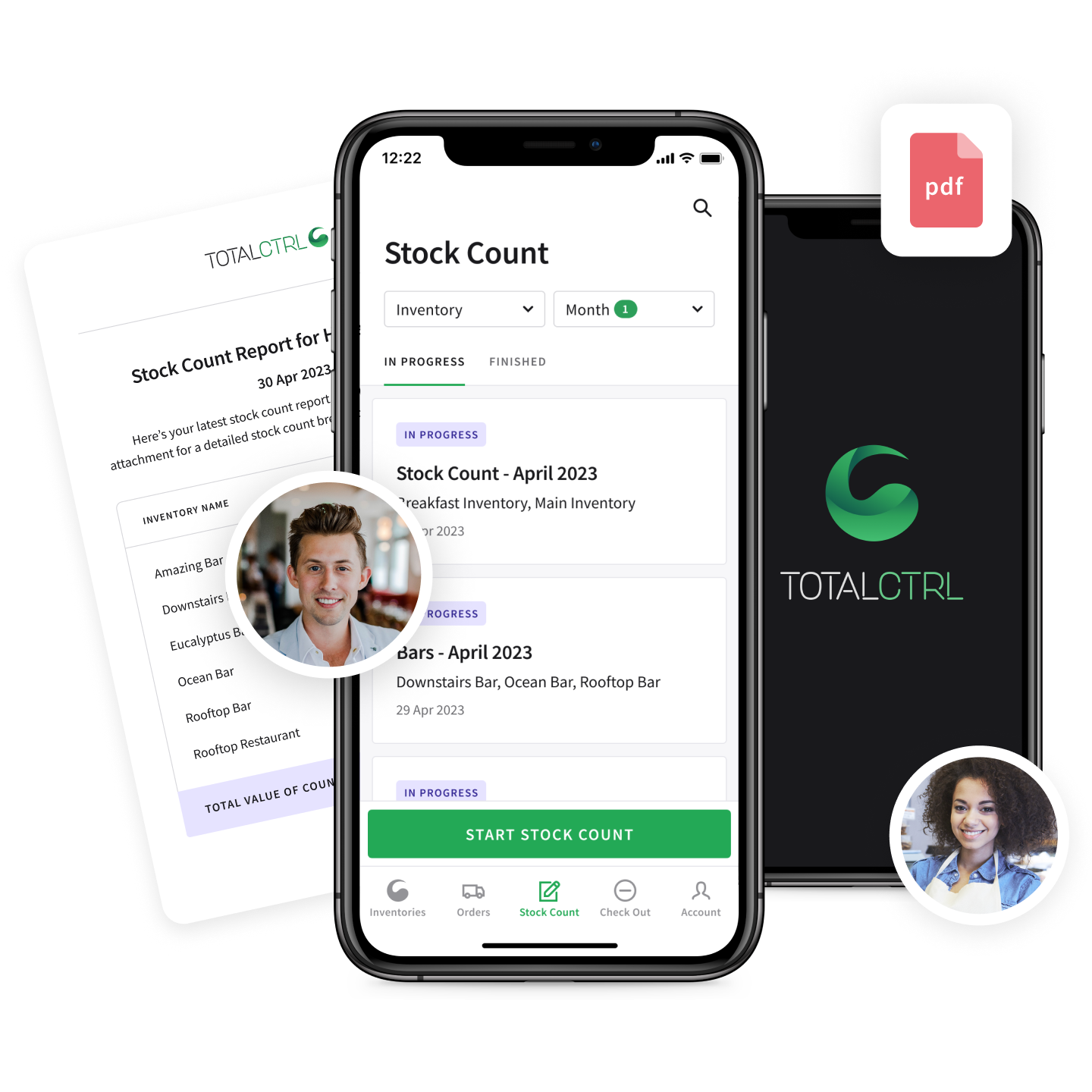The Blue Economy has become a powerful concept in global conversations around sustainability, ocean conservation, and economic development. But what exactly does it include? At its core, the Blue Economy encompasses a wide range of industries that rely on ocean and coastal resources—either directly or indirectly—while aiming to ensure the long-term health of marine ecosystems.
In this blog post, we’ll explore the major industries that make up the Blue Economy, how they function, and why they matter for sustainable growth, jobs, and environmental protection.
What Is the Blue Economy?
Before diving into specific sectors, let’s define the term:
The Blue Economy refers to the sustainable use of ocean, sea, and coastal resources for economic growth, improved livelihoods, and ocean ecosystem health. It aims to balance economic development with environmental responsibility, supporting both present and future generations.
This concept moves beyond the traditional “marine economy” by focusing on renewable, circular, and inclusive practices across industries that depend on healthy oceans.
Key Industries in the Blue Economy
Let’s break down the major sectors that fall under the umbrella of the Blue Economy:
1. Fisheries and Aquaculture
This is one of the oldest and most critical ocean-based industries.
-
Capture fisheries involve harvesting wild fish from oceans, seas, and coastal waters.
-
Aquaculture (fish farming) involves breeding and raising fish, shellfish, and seaweed in controlled marine or freshwater environments.
🔹 Blue Economy focus: Ensuring these activities are sustainable, legal, and environmentally responsible, avoiding overfishing, habitat destruction, and pollution.
2. Marine Transport and Shipping
Over 80% of global trade is carried by sea. Shipping is vital to the global economy.
-
Includes cargo ships, oil tankers, container vessels, and passenger transport.
-
Ports, harbors, and logistics centers also form part of this sector.
🔹 Blue Economy focus: Transitioning to low-carbon, energy-efficient ships, reducing emissions, adopting green port infrastructure, and improving waste management.
3. Coastal and Marine Tourism
Tourism centered around coastal areas, islands, coral reefs, marine wildlife, and beach ecosystems.
-
Includes activities like snorkeling, diving, cruises, eco-tourism, and resort development.
🔹 Blue Economy focus: Encouraging eco-friendly tourism that preserves natural habitats, reduces pollution, supports local communities, and minimizes carbon footprints.
4. Offshore Renewable Energy
With growing energy demand and a global shift away from fossil fuels, the ocean is emerging as a key player in renewable energy production.
-
Offshore wind farms
-
Wave and tidal energy
-
Ocean thermal energy conversion (OTEC)
🔹 Blue Economy focus: Developing clean energy solutions that are scalable, cost-effective, and have minimal impact on marine life.
5. Marine Biotechnology
Also called blue biotechnology, this sector explores marine organisms to develop products in:
-
Medicine (e.g., anti-cancer compounds from marine sponges)
-
Cosmetics
-
Nutraceuticals
-
Industrial enzymes
-
Biofuels
🔹 Blue Economy focus: Supporting ethical research, bioprospecting, and conservation of marine genetic resources.
6. Deep-Sea Mining (with strong environmental safeguards)
The ocean floor contains valuable minerals like:
-
Cobalt
-
Nickel
-
Rare earth elements
-
Manganese nodules
These are used in batteries, electronics, and renewable technologies.
🔹 Blue Economy focus: While still controversial, some initiatives explore responsible, low-impact deep-sea mining that avoids irreversible harm to fragile ecosystems.
7. Desalination and Water Management
Desalination is the process of converting seawater into fresh water—a growing need in water-scarce regions.
-
Essential for human consumption, agriculture, and industry in arid coastal areas.
🔹 Blue Economy focus: Using energy-efficient and environmentally safe desalination technologies, with proper brine disposal methods.
8. Coastal Infrastructure and Resilient Urban Development
Coastal cities are developing rapidly and face rising threats from climate change.
-
Includes harbors, seawalls, waterfront real estate, floating structures, and stormwater systems.
🔹 Blue Economy focus: Promoting climate-smart urban planning, nature-based solutions, and sustainable construction practices.
9. Marine Conservation and Ecosystem Services
Protecting and restoring ocean ecosystems is not only an ethical duty—it’s an economic activity.
-
Includes creation of Marine Protected Areas (MPAs)
-
Coral reef and mangrove restoration
-
Ocean monitoring and research services
🔹 Blue Economy focus: Recognizing the value of ecosystem services like carbon sequestration, coastal protection, and biodiversity preservation.
10. Seaweed and Algae Farming
Seaweed is a super-resource—used in food, animal feed, cosmetics, biofuels, and packaging.
-
It absorbs CO₂, grows fast, and doesn’t require freshwater or fertilizers.
🔹 Blue Economy focus: Promoting scalable, regenerative aquaculture that supports coastal communities and environmental restoration.
11. Ocean Data, Monitoring, and Marine ICT
The rise of the digital ocean economy includes:
-
Satellite and drone-based monitoring
-
Ocean sensors and IoT devices
-
AI for marine data analysis
-
Maritime navigation and weather forecasting
🔹 Blue Economy focus: Using technology to track ocean health, improve decision-making, and drive sustainability in all sectors.
12. Education, Research, and Capacity Building
Human capital is essential for a thriving Blue Economy.
-
Includes training marine scientists, policy-makers, entrepreneurs, and local communities.
-
Promotes innovation, environmental literacy, and international cooperation.
🔹 Blue Economy focus: Building inclusive knowledge systems that empower young people, women, and indigenous communities to lead ocean-positive change.
Supporting and Cross-Cutting Industries
Some industries aren’t ocean-based but play supporting roles:
-
Finance and investment (e.g., blue bonds, sustainable finance)
-
Insurance for marine and coastal risks
-
Policy and governance frameworks
-
Legal services related to marine territories and conservation law
-
Consulting and advisory on marine sustainability strategies
These services are essential in building a robust, well-regulated Blue Economy ecosystem.
Why Does Industry Diversity Matter?
The diversity of industries in the Blue Economy ensures:
-
Job creation across skill levels
-
Economic resilience in coastal regions
-
Multiple entry points for innovation, research, and investment
-
Balanced growth across tourism, energy, food, and infrastructure sectors
It also allows nations to tailor Blue Economy strategies to their unique ocean geography and economic priorities.
Final Thoughts
The Blue Economy is not limited to fishing and shipping—it's a vast, diverse, and evolving space filled with potential. From renewable energy to marine biotech, from coastal tourism to deep-sea exploration, its industries represent a new frontier of sustainable development.
If managed wisely, the Blue Economy can:
-
Drive green innovation
-
Protect the ocean’s health
-
Generate inclusive economic growth
-
Support climate goals
Understanding the full scope of its industries is the first step in unlocking ocean-based opportunities—for people, the planet, and the global economy.


















0 comments:
Post a Comment
We value your voice! Drop a comment to share your thoughts, ask a question, or start a meaningful discussion. Be kind, be respectful, and let’s chat!